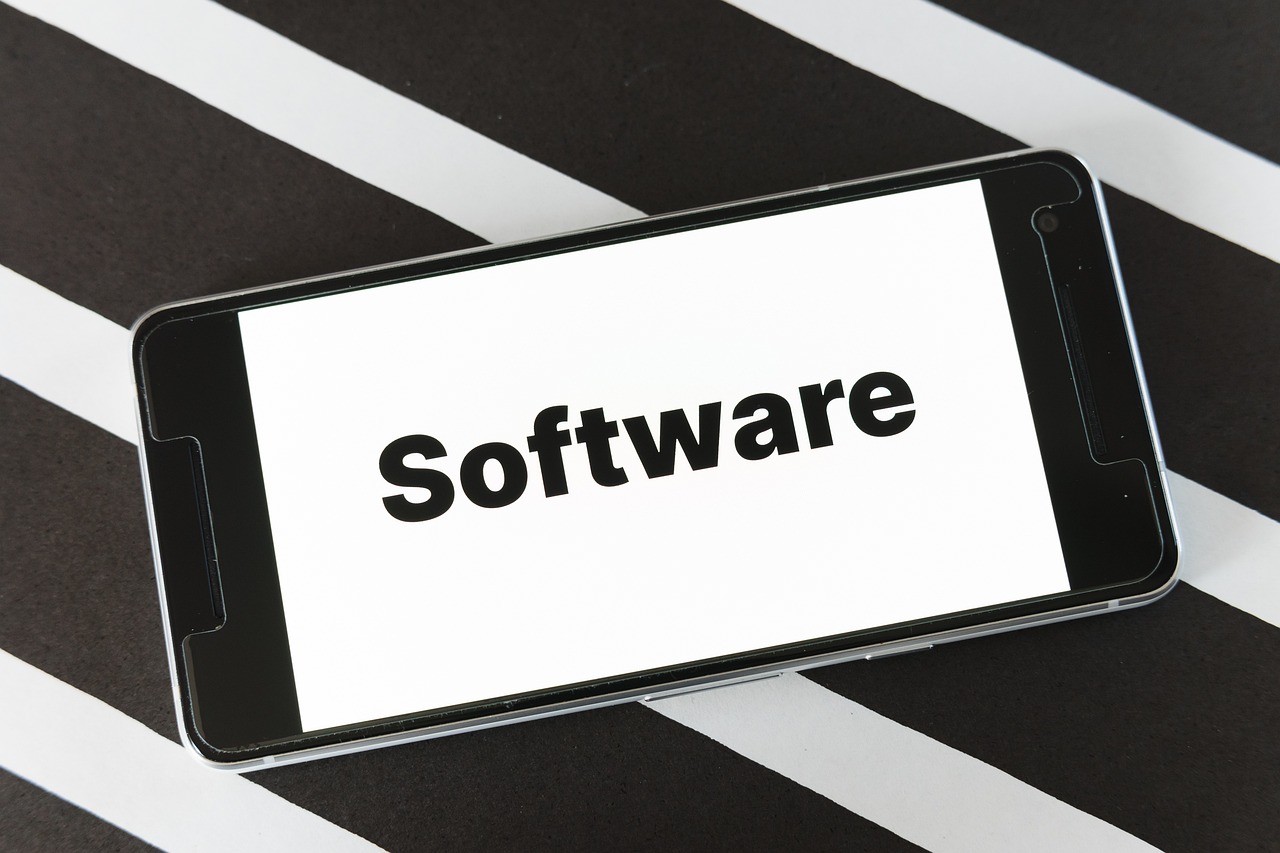When starting a new tech project, one of the most important decisions you’ll make is whether to prioritize software design or mobile development. Both are critical, but they serve different purposes. While they often overlap, the primary focus of your project should depend on your goals, audience, and long-term vision.
The challenge of choosing between software design and mobile development can feel overwhelming. Understanding the core differences, strengths, and potential limitations of each will help you make a more informed decision. Let’s explore the nuances of both to determine what might be the best fit for your project.
The Role of Software Design
At its core, software design involves creating the architecture, user interface (UI), and user experience (UX) for applications, programs, or systems. It focuses on functionality, scalability, and maintaining high performance across platforms. Good software design is like the blueprint for a building—it shapes the entire user experience and ensures that the application runs smoothly.
Key Aspects of Software Design:
- User-Centered Approach: Effective software design prioritizes the user, ensuring that the program is intuitive and easy to navigate. This requires a deep understanding of your target audience’s needs and behaviors.
- Cross-Platform Compatibility: Many software applications need to run on various devices, from desktops to mobile phones. A well-designed application ensures that users have a seamless experience, regardless of the platform they’re using.
- Scalability: As businesses grow, their software needs often become more complex. Investing in strong software design allows the system to scale efficiently, accommodating more users and features without significant overhauls.
- Back-End Integration: Software design isn’t just about the user-facing side; it also covers how the application communicates with databases, servers, and other systems. This integration is crucial for maintaining performance and ensuring that your software can evolve with changing needs.
What is Mobile Development?
Mobile development refers to the process of creating applications specifically for mobile devices like smartphones and tablets. These apps are designed with mobile users in mind, focusing on screen size, touch interaction, and overall performance in a mobile environment. Given the rapid growth of mobile usage, developing a dedicated mobile app can provide direct access to a broad and engaged audience.
Key Aspects of Mobile Development:
- Native vs. Cross-Platform Apps: Mobile development can be approached in two ways: native apps or cross-platform apps. Native apps are developed for a specific operating system, like iOS or Android, offering superior performance but requiring separate development for each platform. Cross-platform apps, on the other hand, use frameworks that allow a single codebase to run on multiple platforms, though they might sacrifice some performance in exchange for versatility.
- Mobile-First Design: With mobile development, the user interface is optimized for smaller screens and touch-based navigation. This means prioritizing simplicity, speed, and intuitive gestures to enhance user experience on mobile devices.
- Offline Access: Mobile apps often have the ability to function offline, providing value even without an internet connection. For users in remote areas or those who frequently travel, this can be a major advantage.
- Push Notifications and Instant Access: Mobile apps offer unique engagement opportunities, such as push notifications, which help keep users informed and connected even when they aren’t actively using the app. This is a significant advantage for businesses looking to maintain a direct line of communication with their customers.
Factors to Consider in Your Decision
Whether software design or mobile development should take precedence in your project depends on several factors:
1. Target Audience
Who are your users, and where are they most likely to engage with your product? If your audience primarily uses desktops for professional tasks, investing in strong software design might be more important. On the other hand, if your audience is younger or constantly on the go, mobile development should likely take priority.
2. Project Scope
Are you building a large, complex system that needs to be scalable over time, or are you launching a smaller, more focused product? A full-scale software solution might be ideal for long-term growth and flexibility, while a mobile app can offer a more streamlined, immediate way to engage with your audience.
3. Budget and Resources
Mobile development and software design can both be expensive, but they vary in cost depending on your specific goals. Native mobile apps for both iOS and Android often require separate development teams, whereas cross-platform apps can reduce some of the costs. On the software design side, complex systems or platforms that need to scale can also be resource-intensive, especially when it comes to integrating with other services or databases.
4. User Experience
User experience should always be a priority, but how you deliver that experience matters. Software design is about creating a holistic, multi-platform user experience, while mobile development focuses on making the best possible experience for mobile users. Consider what matters most for your users and align your focus accordingly.
5. Long-Term Vision
Think beyond the initial launch. Where do you see the project in one, three, or five years? Will the majority of your users shift to mobile, or will desktop usage remain prevalent? Your project’s focus should evolve with changing user habits and industry trends.
Finding a Balance
In many cases, the best approach is not choosing one over the other but finding a balance between software design and mobile development. A well-designed software platform can provide a strong foundation, while a dedicated mobile app enhances user experience for those on the go.
However, starting with a single focus can be a strategic way to maximize your resources. If your target audience primarily interacts via mobile, prioritize mobile development. If cross-platform usability and scalability are essential, focus on software design first, then consider mobile development as a secondary phase.
Conclusion
Choosing between software design and mobile development depends on the unique needs of your project. Both are critical to success, but understanding your audience, resources, and long-term goals will help guide your decision. Whether you start with robust software or a sleek mobile app, the key is to deliver a seamless, engaging experience that grows with your business and adapts to user needs.

